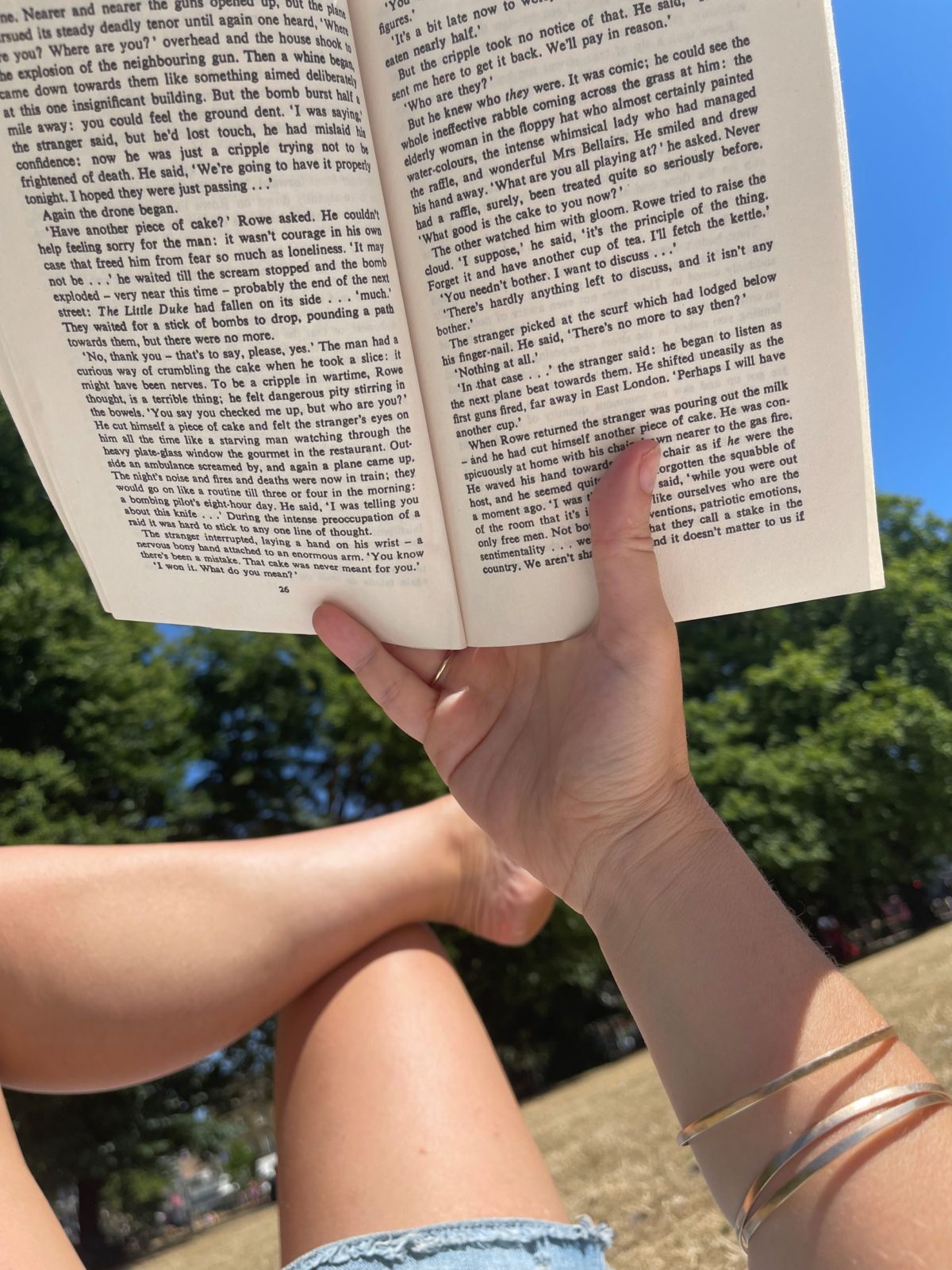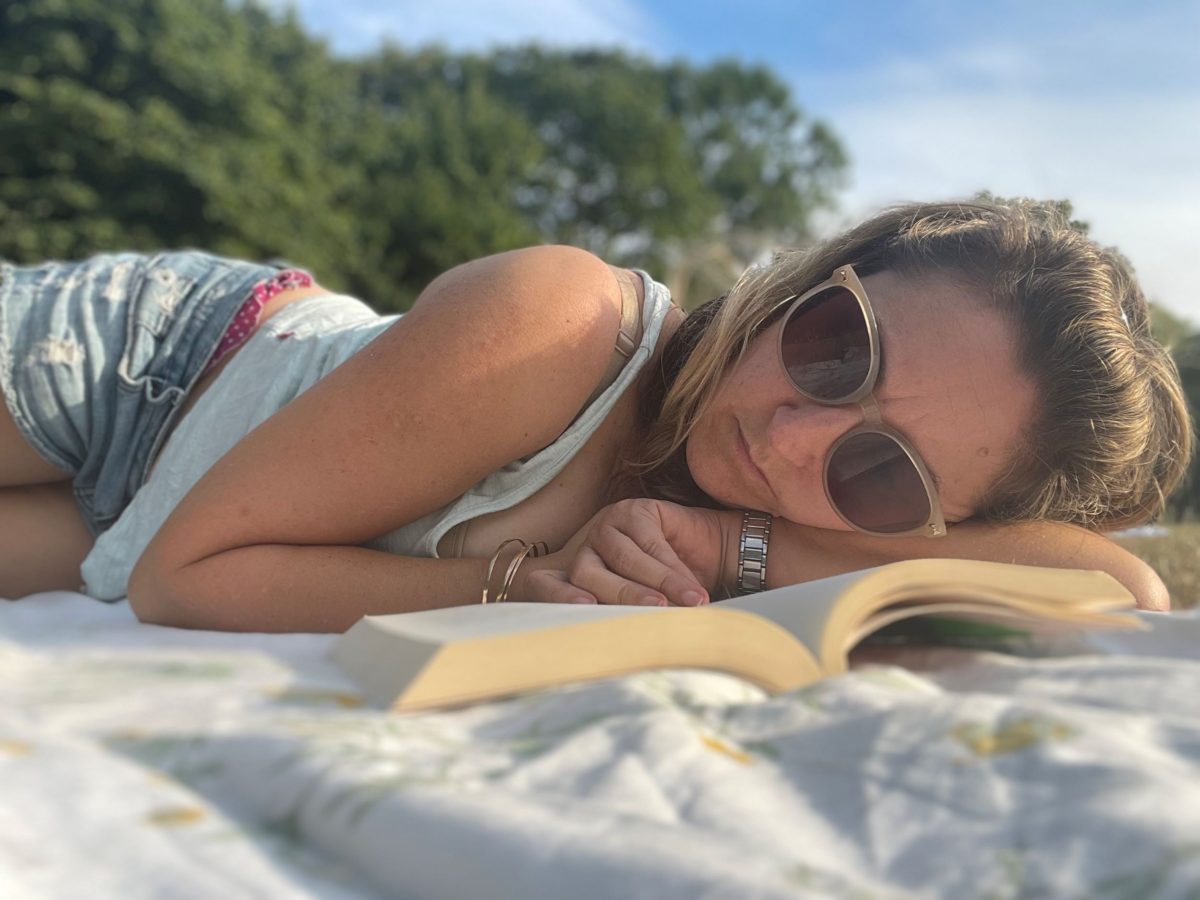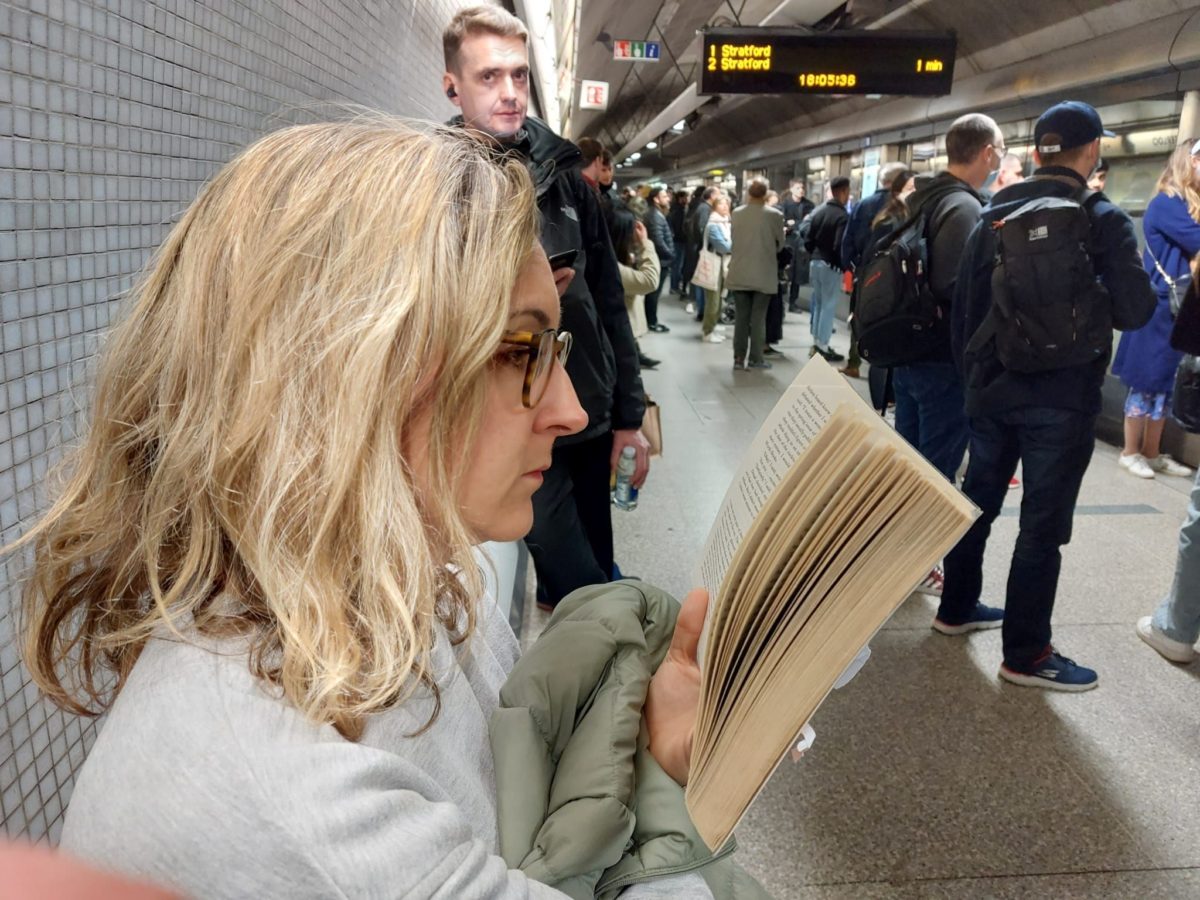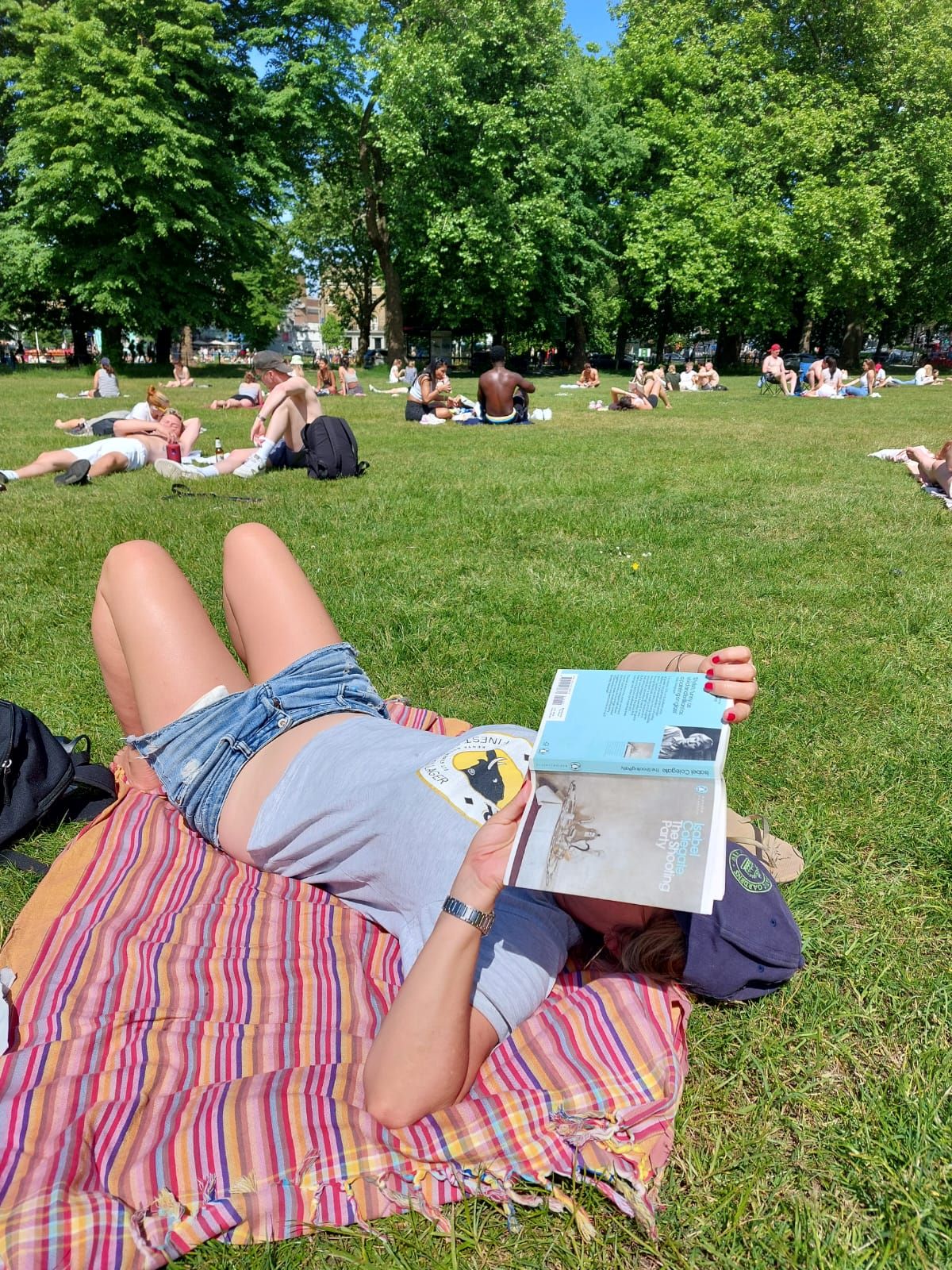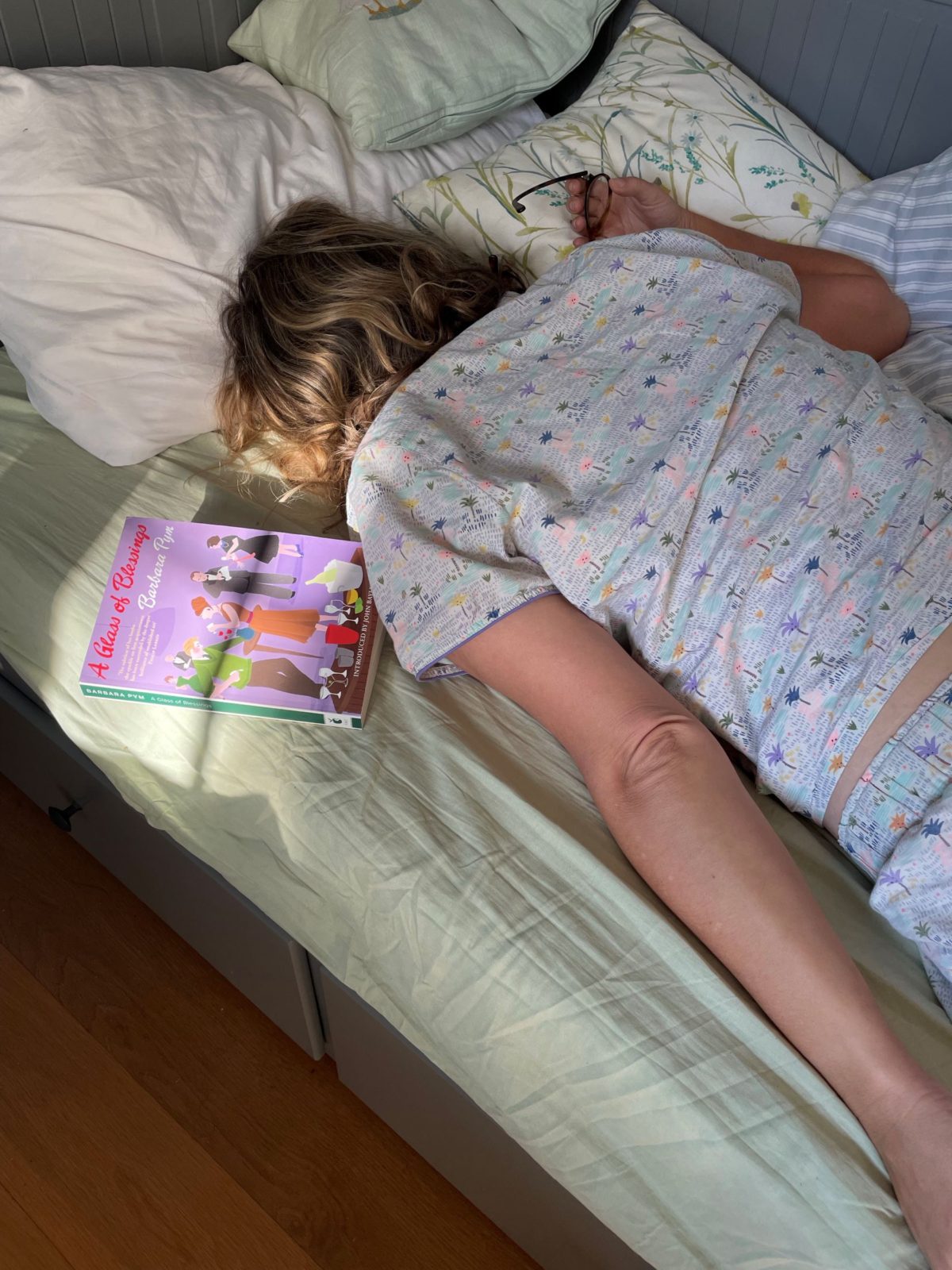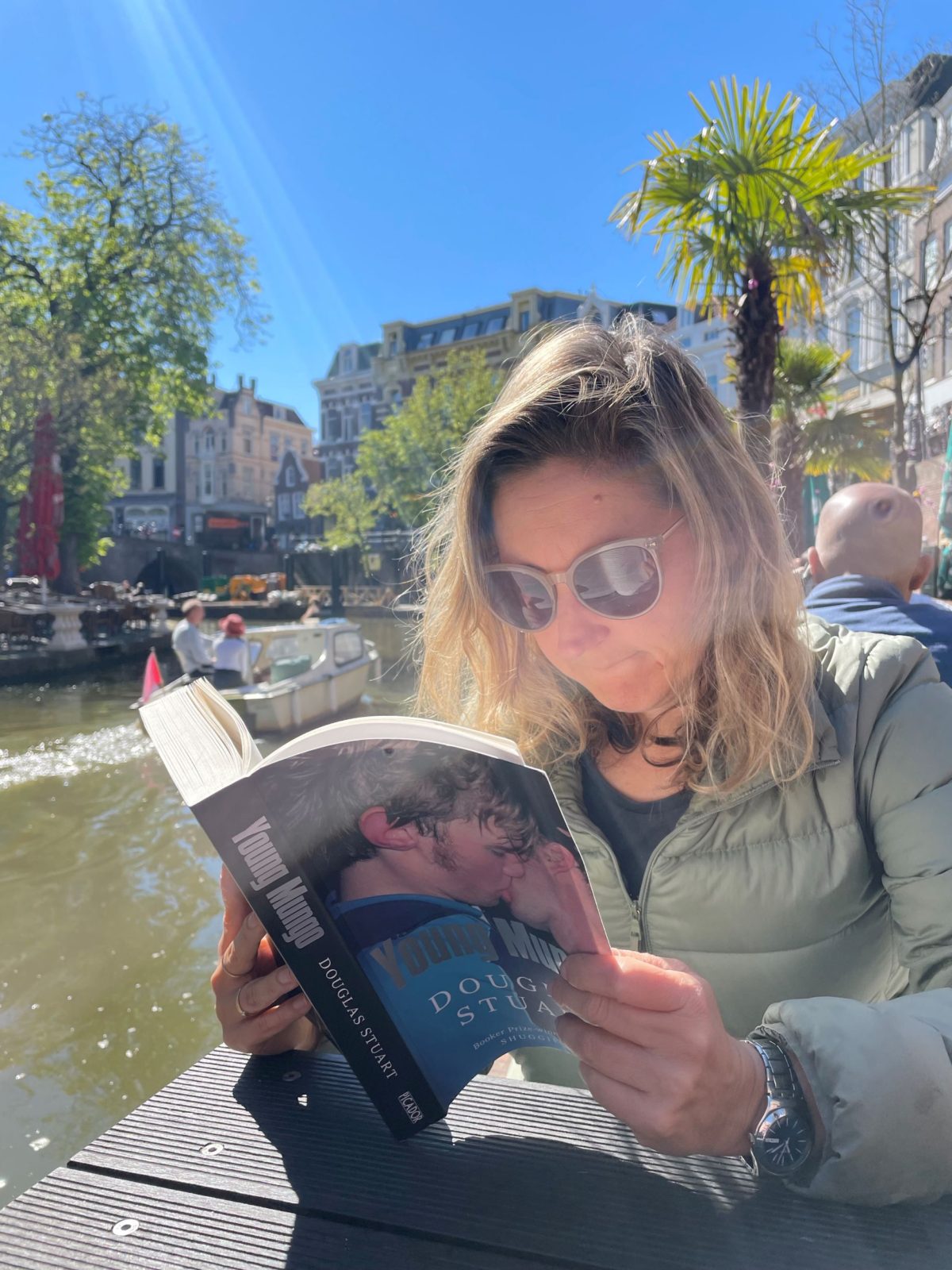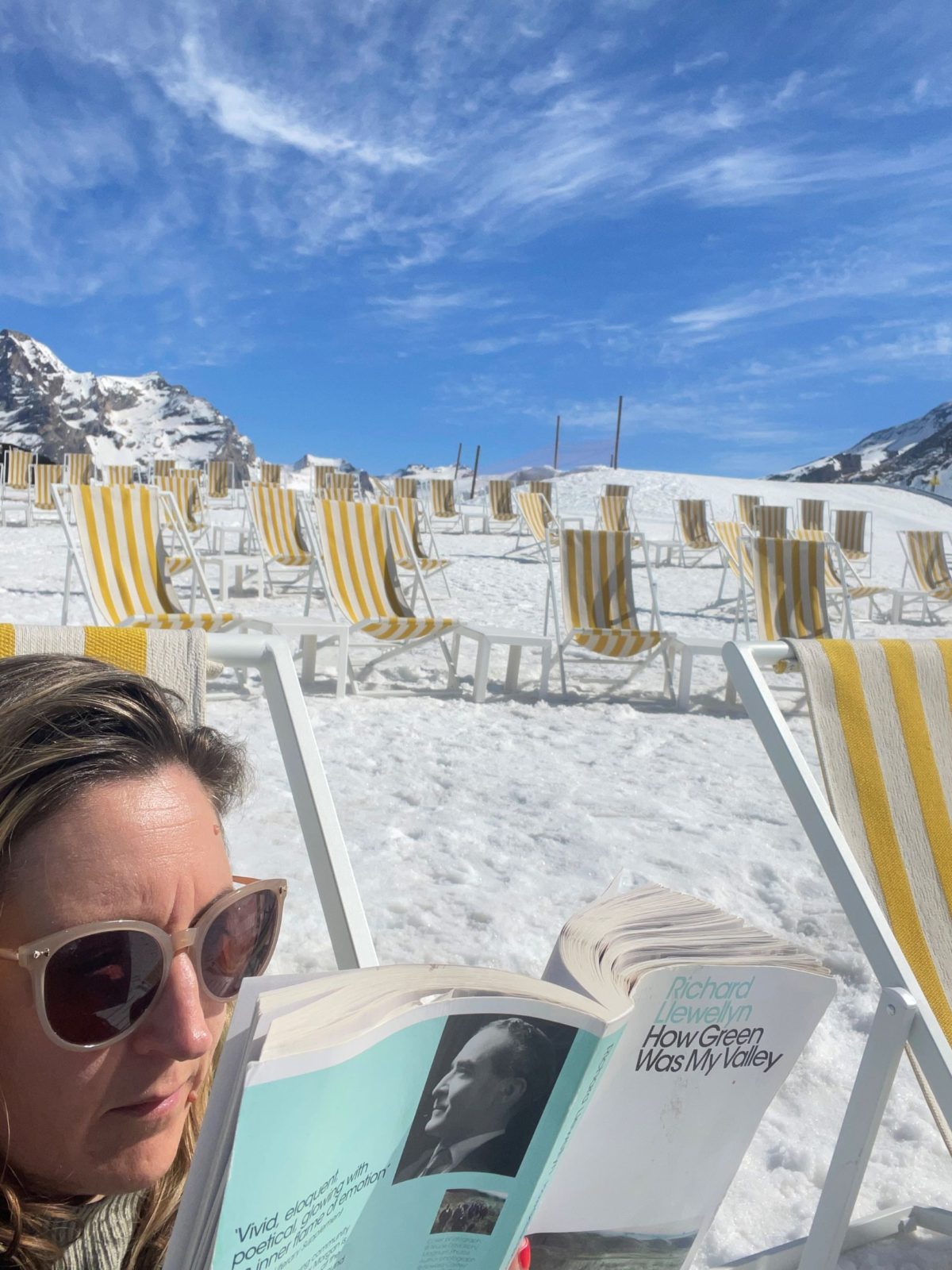Appallingly, I may have become too woke for Victorian literature. I hope not, because I have always liked Elizabeth Gaskell. But this book, MARY BARTON, I had to give up. The title character is a young seamstress who it is clear is about to be led astray by a wealthy man. There are lot of warnings about getting puffed up by vanity and etc. I just couldn’t slog through to where this poor girl gets her just deserts. Her aunt had followed the same path and there is a gross/laughable section in which we meet her as a despondent prostitute.
That said, Gaskell was woke by the standards of her day. In the introduction, she speaks about how she wrote this book to speak for the working classes, who she unself-consciously calls ‘this dumb people’. She is making a valiant effort to capture the lives of the poor, and It is interesting to reflect that even so recently as 1848, working class people had so little access to literacy, or leisure for writing, that indeed they had no hope of writing their own story.

